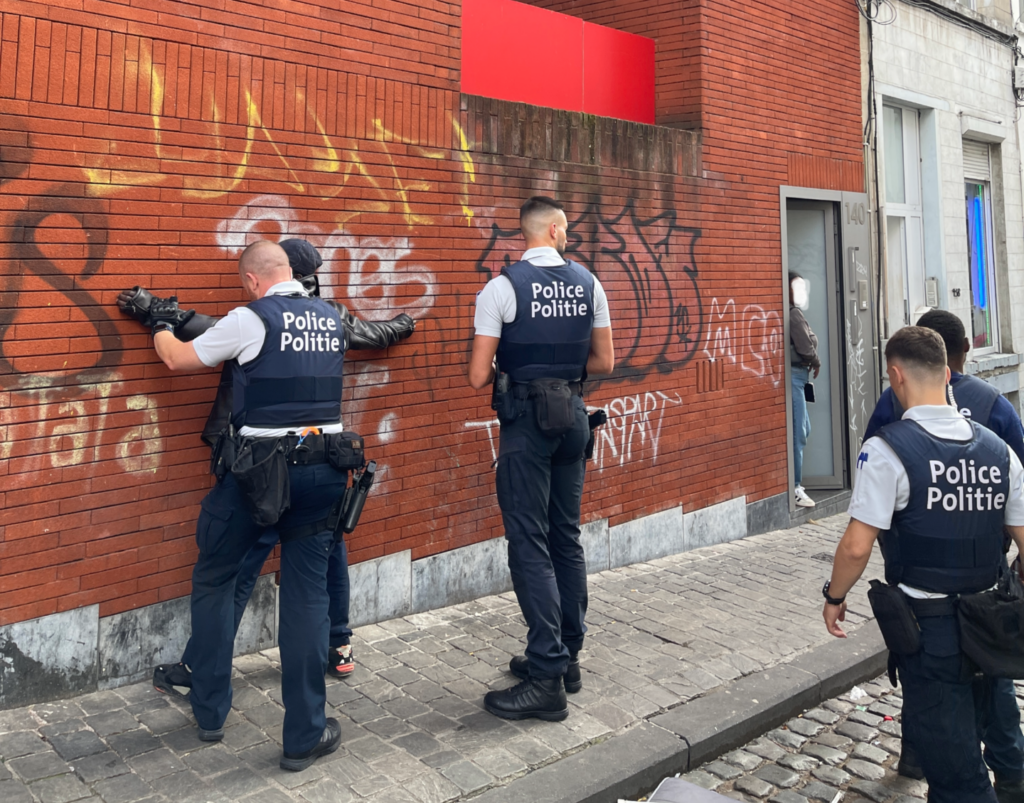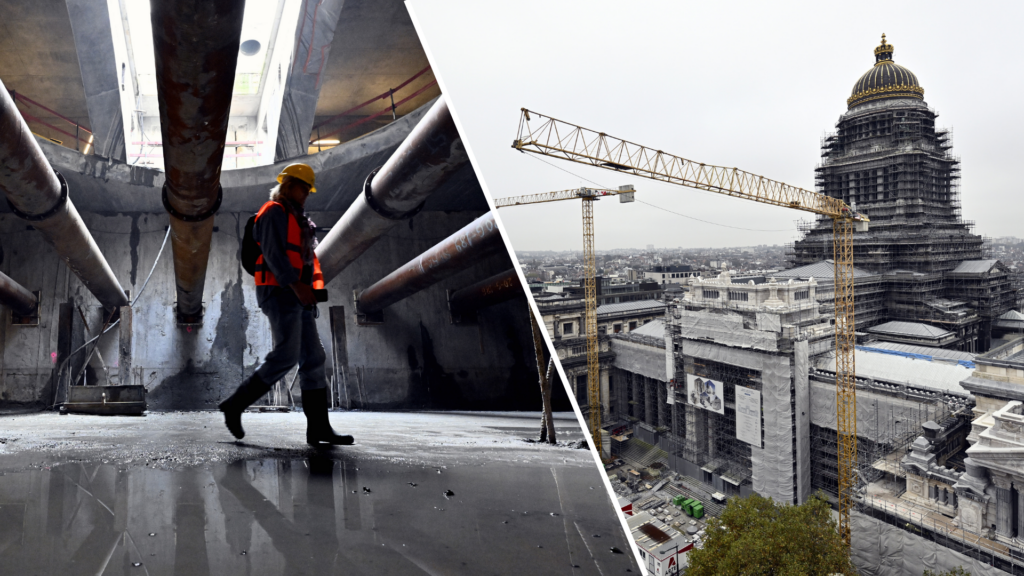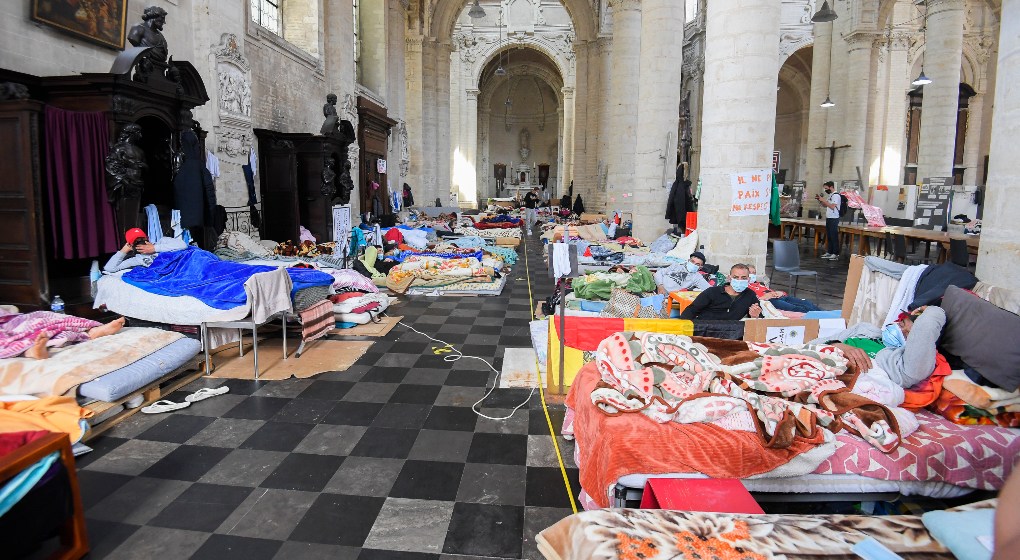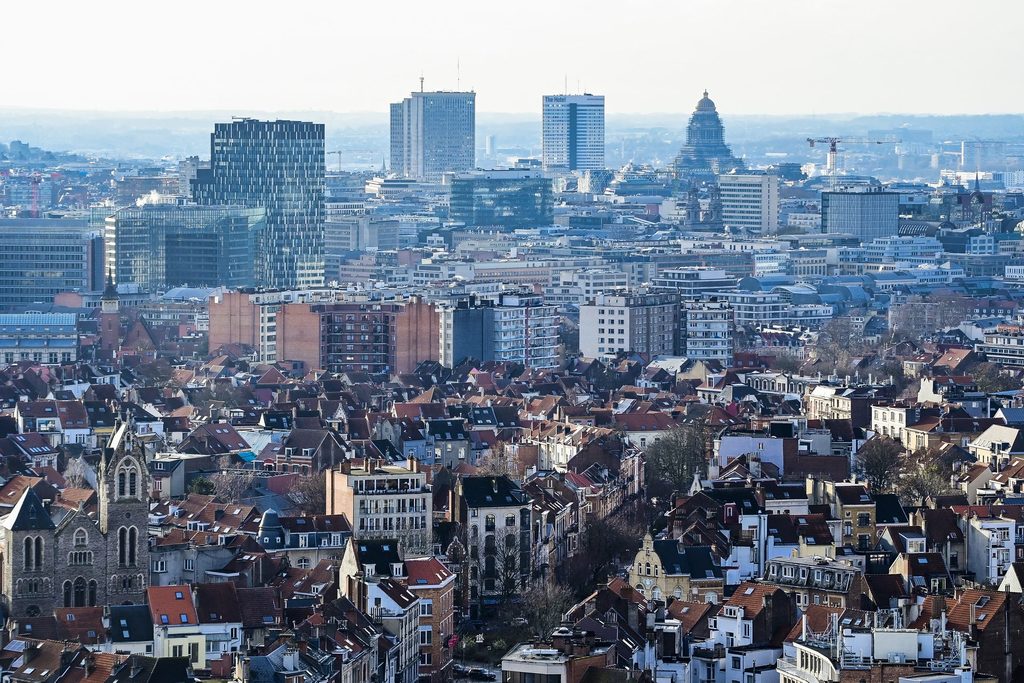A new Federal Government has been announced after eight months of negotiations. The 'Arizona' coalition marks a shift towards the right of the political spectrum, with only Flemish socialists Vooruit left of centre.
Central to the government's socio-economic programme will be stabilising Belgium's finances, which were pushed into the red by successive crises during Alexander De Croo's term leading the 'Vivaldi' government. EU auditors have been breathing down Belgium's neck for years, reminding it of the Maastricht Treaty which requires Member States limit their deficits to 3% of GDP and public debt levels to 60% of GDP. Belgium is now well outside this "safe" limit, with a deficit of 4.5% GDP in 2024.
To prevent the debt from snowballing, Bart De Wever has stressed that the incoming government will have to take a strong stance on reining in spending – an unpleasant task for parties wishing to please voters but one that has been presented as absolutely necessary. Belgium's next Prime Minister has stated repeatedly that the challenge will not be a "walk in the park" and that cleaning up Belgium's public finances will take ten years.
"We cannot clean up this country in just five years," he told reporters on Saturday. To illustrate his point, he alluded to his own journey to lose weight: "I am healthier than I was ten years ago. I am glad I did it. But the process itself is not pleasant."
But what could this drive for efficiency mean for Brussels?
Fusing police zones
It's a measure that has been ardently opposed by the mayors of Brussels' 19 communes, who unanimously rejected the proposal when it was floated during the Arizona negotiations. But their reservations have gone unheeded as the new Federal Government plans to push ahead with this fusion, which it argues will benefit security in the capital.
"It has become clear in recent years that the security forces in Brussels are far too fragmented," De Wever said. The Arizona coalition argues that the separation of police forces between municipalities has allowed criminal organisations to circumvent forces of law and order. Their solution is to create a single, unified police zone for the entire Capital Region.
Similarly, the Arizona agreement sets out reforms to the financing of local police zones.
The plans have already incited the ire of Brussels mayors. Those belonging to Arizona parties boycotted their party conferences on Sunday in protest against this change.

Credit: Brussels North Police Zone
The war on Brussels drug gangs
As well as fusing police zones, particular attention will be placed on suppressing the rise in drug violence that peaked in Brussels this time last year. To do so, the "canal plan" will be activated, which will see police forces in Brussels bolstered and given greater resources to detect radicalised individuals.
The plan broadly allows the security forces to be more proactive in their approach, especially in the effort to clamp down on the drug trade, human trafficking, and arms dealing.
Furthermore, a tougher stance will be taken in train stations. Midi station in Brussels has most notably become the epicentre of drug problems and is notoriously unsafe – something that impacts the wider reputation of Brussels, given the station is often the first experience foreign nationals arriving by train have of the country.
The government plans a zero-tolerance approach, which involves a national plan to improve security in train stations. This will mean a stronger police presence and might see the SNCB install ticket gates within stations, making it more difficult for those who are not passengers to access the premises.
Another element impeding the effectiveness of Belgium's security forces is the overall backlog within the justice system, which often have delays of months or even years. Funds will be set aside to finance a more efficient justice system, which the government sees as a particular problem in Brussels.
Public works
Brussels is infamous for its public works that take seemingly forever, as epitomised by the Palais de Justice, which has been shrouded by scaffolding since 1984. Meanwhile, Metro 3 has burned an enormous hole in the region's finances – one that keeps growing.
The Arizona government plans to play a more active role in how these large-scale construction is carried out, and will focus the Beliris funding plan (a joint venture between the Federal State and the Brussels Region) on mobility projects.
This aims to ensure that funds will benefit accessibility in Brussels, including strategic projects that will improve connectivity between the regions.

Metro 3 and Palais de Justice are two major public works that have run far over budget. Credit: Belga
Bilingual hospitals
Brussels is a city of many languages, but there are two official languages that should legally be used by public services in the Capital Region.
The Arizona government plans to impose stricter rules to ensure that Dutch is spoken in hospitals, saying that Dutch speakers often struggle to be treated in their mother tongue, "even though Dutch is the most-spoken language in Belgium."
It argues that in a bilingual region this is unacceptable and that steps must be taken to improve care in the Dutch language.
Migration
With Belgium's asylum reception centres centralised in Brussels, problems related to migration – such as the lack of housing and homelessness this leads to – are most visible in the city.
The new government plans structural changes to deal with the influx of asylum seekers and to prevent illegal migration. It intends to take a hardline approach to migration, whilst remaining within the bounds of European asylum policy. Concretely, a legislative proposal should soon be submitted to the Council of Ministers, which will allow for better processing and tackle the problem of insufficient reception capacity.
This will involve first processing the backlog of asylum applications whilst at the same time providing adequate clean shelter and support to those who are accepted by the federal reception services.

A church in central Brussels, that for a period opened to unhoused asylum seekers. Credit: Belga

